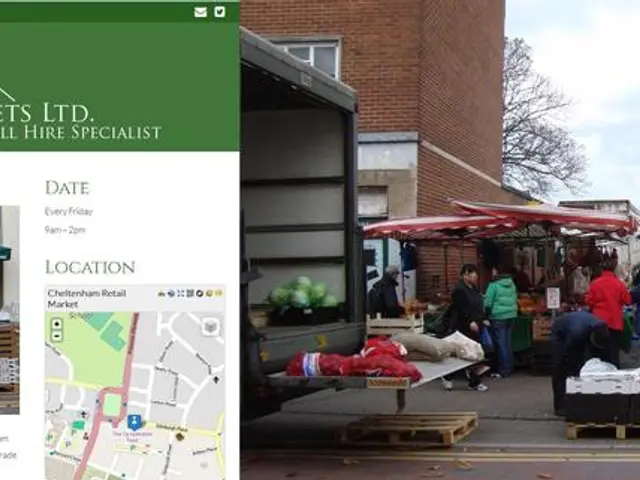Stakeholders within the transport sector accuse CS Chirchir of increased traffic accidents
In Kenya, the rising number of road accidents is a cause for concern, with many attributing the issue to systemic corruption and negligence within key road safety institutions [1][2].
The National Transport and Safety Authority (NTSA) is under scrutiny for its role in the current situation, with allegations of corruption during driver licensing and vehicle inspections [1]. This corruption allows unqualified drivers and unroadworthy vehicles to remain on the roads, increasing accident risks significantly. Some vehicles, for example, have been found to pass inspection despite having mechanical defects or fake safety equipment [1].
The Chairman of the Road Safety Association of Kenya, David Njoroge, has criticised the NTSA for its role in the current situation, echoing the sentiments of Albert Karakacha, President of the Matatu Owners Association [1]. Both leaders have accused the government of prioritising revenue collection over road safety, a claim supported by the fact that the Transport Cabinet Secretary has been accused of focusing mainly on financial matters like toll stations rather than continuous road safety awareness or thorough accident investigations [1].
The issue of passenger welfare in relation to vehicle operators is also a significant concern. Some operators are accused of prioritising profits over passenger safety, with mechanical defects, poor training, and corruption rarely addressed in investigations following accidents [2].
Moreover, the enforcement of traffic rules is compromised by the involvement of police officers and influential public figures [1][2]. Conflicts of interest and favouritism are contributing factors, with these individuals shielding violators and engaging in extortion, undermining traffic law enforcement and fostering impunity.
Ignoring infrastructure dangers is another problem, with fatalities linked to poor road designs (like hazardous junctions) and failures by state agencies to implement safety measures (e.g., railway crossing barriers) persisting without action [2].
Stakeholders describe government directives after accidents as PR moves rather than genuine efforts to tackle systemic issues [2]. This perception, combined with the wider ramifications of corruption, such as diverting resources, weakening enforcement capacity, and leading to prioritization of personal gain over public safety, perpetuates the cycle of road carnage [5].
In light of these issues, both the Matatu Owners Association and the Road Safety Association of Kenya have accused the government of neglecting road safety issues [1]. Karakacha has expressed the need for continuous road safety campaigns, rather than reactive measures after accidents, to address the root causes of the problem [1].
In conclusion, entrenched corruption and institutional failures undermine effective road safety policy implementation in Kenya despite rising accidents and public outcry [1][2][4]. It is crucial for the government to address these issues to ensure the safety of road users in the country.
References: [1] The Star, 'Matatu Owners Accuse NTSA of Negligence Over Road Safety,' 2021. [2] Daily Nation, 'Road Safety in Kenya: The Role of Corruption,' 2021. [3] Standard Digital, 'Police Officers Accused of Compromising Road Safety,' 2021. [4] The East African, 'Kenya's Road Safety Crisis: A Systemic Failure,' 2021. [5] Transparency International, 'Corruption and Road Safety: A Global Perspective,' 2020.
- The increasing number of road accidents in Kenya is linked to corruption and negligence within key road safety institutions such as the National Transport and Safety Authority (NTSA), which has been accused of prioritizing revenue collection over road safety.
- The general-news outlets, The Star, Daily Nation, and The East African, have all reported on the role of corruption in the transportation industry, highlighting cases of unqualified drivers and unroadworthy vehicles on the roads due to corruption during driver licensing and vehicle inspections.
- The Chairman of the Road Safety Association of Kenya, David Njoroge, and the President of the Matatu Owners Association, Albert Karakacha, have criticized the government for its focus on finance and politics rather than addressing the root causes of road accidents.
- The crime-and-justice sector has also been implicated in the rising number of road accidents, with police officers and influential public figures compromising traffic rule enforcement through conflicts of interest, favoritism, and extortion.




